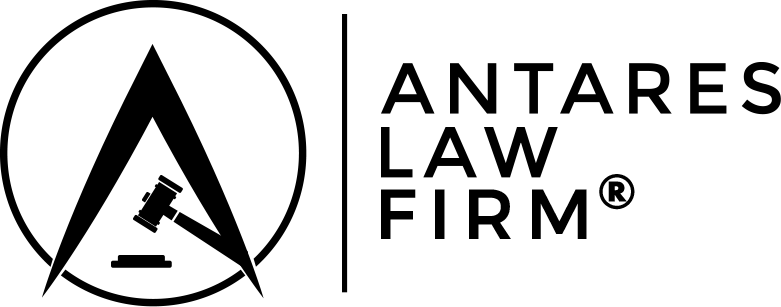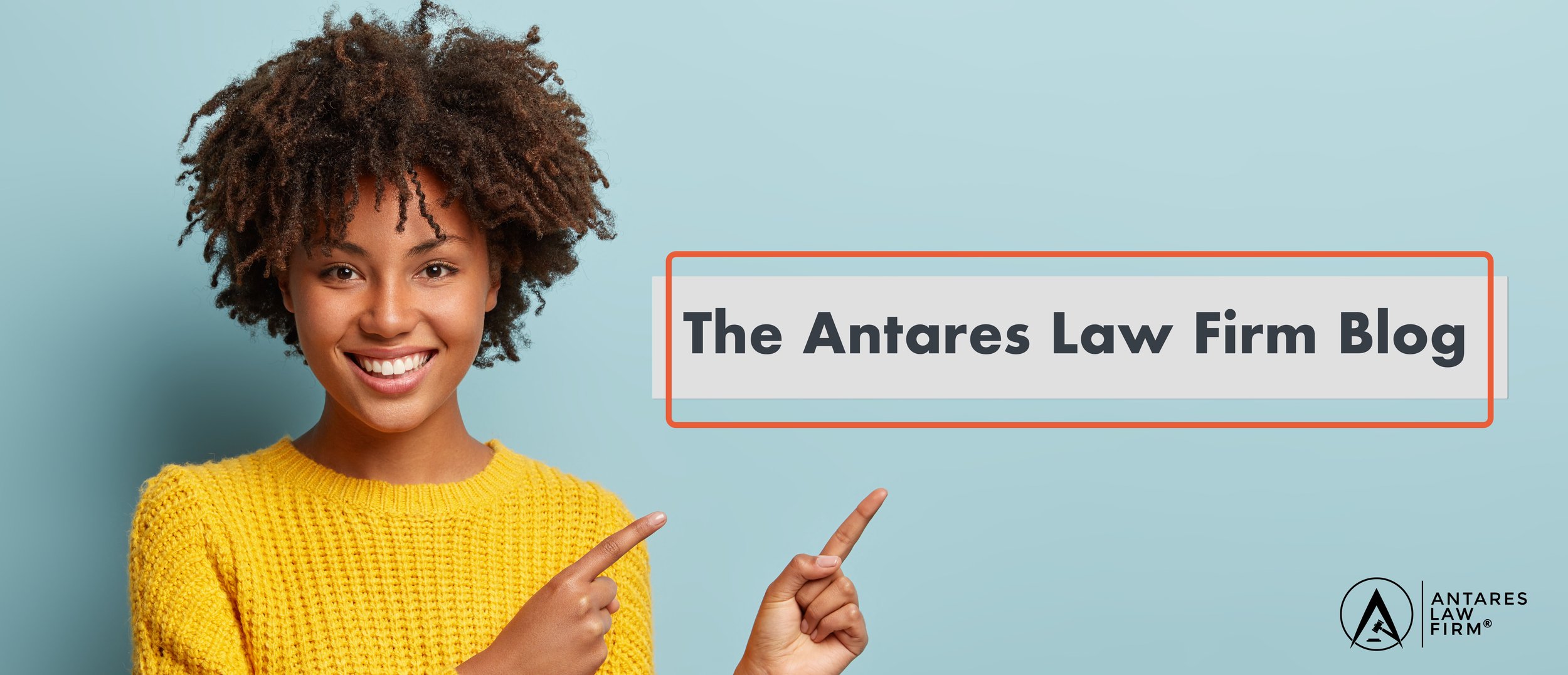Deciding between a sole proprietorship and an LLC in Maryland? This article breaks down the key differences, including costs, liability protection, and tax implications, to help you choose the best structure for your business goals. Whether you're just starting out or planning for growth, understanding your options is the first step to success.
Read MoreYou are selling your business and need to transfer ownership of its branding. How do handle the company’s federally registered trademarks? The short answer is that you transfer the company’s federal trademarks to the new owner by way of a written agreement. While we encourage you to consult with a trademark lawyer, there are a few points to consider before taking action. Do you intend to permanently or temporarily assign ownership of the trademark? Do you intend to transfer ownership in entirety or partially?
Read MoreArtificial Intelligence (AI) Image Generators are picking up popularity rapidly. These Generative AI create an image from a text description. AI Image Generators are under the umbrella of frontier technologies, including Internet of things (IoT), blockchain, big data, and cloud computing physical technologies, such as autonomous driving and 3D printing, and biological technologies, such as genetic engineering, human augmentation, and the brain-computer-interface. How will this new technology interact with intellectual property (IP) law? With AI image generators, two fundamental IP issues arise: the potential of third-party IP infringement and the ownership of the AI-generated images.
Read MoreAntares Law Firm on Doc Pro: "NFTs in Intellectual Property".
Read MoreAntares Law Firm's founder and trademark attorney Laila Ghauri featured on GOSS Magazine.
Read MoreIt’s common to see famous trademarks in our favorite movies, paintings, books, and other artistic works. Think about how often you see the Starbucks Siren or the McDonald’s “M” in a television show or movie. Sometimes artistic works utilize others’ trademarks with permission for purposes of advertising, but in other instances artists utilize others’ trademarks in their works as parody or artistic social commentary. Consider the use of Campbell's soup cans in Andy Warhol’s famous works, or the use of numerous famous trademarks in the Simpsons or South Park. The question arises when does the protection of trademark law end and the First Amendment free speech begin?
Read MoreCurrently, United States Patent and Trademark Office (USPTO) allows trademark applicants 6 months to respond to an office action. Starting December 3, 2022, this time period will decrease to only 3 months. Beginning on December 3, 2022, applicants will be able to apply for a possible three-month extension for a fee.
Read MoreAntares Law Firm on Doc Pro: Read it here.
Read MoreWhen a trademark applicant secures a trademark registration with the USPTO, they are establishing what is considered prima facie evidence that the registered trademark is valid. Meaning the registration itself provides proof that the applicant owns the mark, the applicant has exclusive right to use the mark in commerce, and the applicant has been continuously using the trademark in commerce since the filing date of the application. That’s why having a trademark registration is a powerful thing.
Nevertheless, there are instances when a business owner has not filed for a trademark, but has been using a mark in commerce, where that business owner may be able to establish trademark rights in the mark under common law.
Read MoreChristian Louboutin is a French luxury fashion brand widely known for its red soled shoes, famously referred to as “red bottoms” by celebrities, fashion icons, and influencers. On September 9, 2022, the Beijing IP Court ruled in favor of Christian Louboutin, who had sued Guangdong Wanlima Industrial Co., Ltd., a leather manufacturing company, in an unfair competition case involving the red sole mark.
The 2022 decision translates as a growth and investment opportunity for American brands looking to find ground in China. The decision makes it possible for trademark registrants, with the United States Patent and Trademark Office (USPTO), to register their trademarks in China and to enter into the Chinese market with protection from unfair competition with other international and China-based brands.
Read MoreTechnology and the growth of e-commerce have made it easier than ever to take a brand to an international market. For U.S. based companies intending to market and sell products across borders, securing international trademark rights is paramount. Yet the road to securing international trademark is overwhelming to most business owners, as each country has its own trademark laws.
A cost-effective and convenient solution may be the Madrid Protocol, which allows for trademark registration and management of trademarks in up to 128 member countries. An applicant may file a single application and pay one set of fees to apply for protection in all member countries. The system allows applicants to modify, renew, and expand their global trademark portfolio through one centralized system.
Read MoreShortly after their Kennedy Center Performance on July 26, 2022, Netflix filed a lawsuit against the Unofficial Bridgerton Musical creators Barlow and Bear, alleging copyright and trademark infringement. Netflix claims that Barlow and Bear have “taken valuable intellectual property from the Netflix original series Bridgerton to build an international brand for themselves.”
While it’s too early to predict the end result of the lawsuit, Barlow and Bear have stated that they are planning further live performances of the Unofficial Bridgerton Musical. Much of fan-fiction is currently protected under the Fair Use Act as long as the work is “transformative,” where the fan-fiction work adds new meaning and value to the original work. Fan-fiction must also be noncommercial and not intended to generate profit for the creator of the work. This lawsuit may have serious implications for fan culture of well-recognized brands. Creatives and business owners may have to balance their economic and intellectual property interest against the impact of derivative fan works.
Read MoreYou are a trademark owner, and you recently discovered that a third party is using a domain name containing your mark. What can you do? After all, domain names are essentially digital addresses in an ever growing virtual marketplace (the internet). You may consider filing an Uniform Domain Name Dispute Resolution Policy (UDRP) complaint. An UDRP complaint is a good alternative to filing a lawsuit, it is a fast moving administrative process that allows a successful complainant to obtain an infringing domain name from an encroaching party. Roughly 90% of all UDRP complaints are decided in favor of the complainant currently. As a complainant, however, you must meet three criteria to prevail.
Read MoreI’m thrilled to announce that the Antares Law Firm officially launches its Austin, Texas office this week. The will provide trademark and small business services across Texas.
Read MoreThe importance of trademark registration and enforcement becomes ever apparent when celebrities and public figures find themselves facing trademark infringement lawsuits. A short week after the launch of Hailey Baldwin Bieber’s skincare brand RHODE in June 2022, a Los Angeles-based fashion brand with the same name filed a lawsuit against Bieber’s brand.
Read MoreNumerous brands are now leveraging NFTs and creating authentication systems for their physical and digital goods. Higher-end luxury brands use NFTs as a digital receipt, which issues a serial number using NFTs to provide authentication for their physical goods. An NFT creator can protect its NFT collection through trademark registration, if it produces a collection or series and not simply an individual NFT. To protect an original work of art, a single NFT, an NFT creator or minter, can file for copyright registration. Other companies use NFT packages to license, generate revenue, and increase brand awareness. For instance, musicians may license their trademark in connection with the release of exclusive digital content for consumers.
Read MoreIn June 2022, the reality star and businesswoman Kim Kardashian launched skincare brands SKKN and SKKN BY KIM. Cyndie Lunsford, the founder of a black-owned, Brooklyn-based company Beauty Concepts, sent Kim Kardashian a cease-and-desist letter demanding that Kardashian’s brand stop using SKKN as it is infringing on Beauty Concepts’ mark SKKN+.
Read MoreThe term “marketplace” has evolved drastically, from open air markets, to shopping malls and department stores, and we now find ourselves in the era of online marketplaces. Amazon.com is currently the largest online marketplace, where millions of sellers and buyers connect from around the world. Like physical markets and shopping malls, online marketplaces provide opportunity for intellectual property infringement through sale of counterfeit products. Amazon has established the Amazon Brand Registry program to protect sellers’ branding.
Read MoreIn a recent Ninth Circuit Court decision, the court affirmed that delta-8 THC products are legal and ripe for trademark protection. The decision opens a new frontier for companies in the cannabis space, who can now apply to protect their branding federally. Cannabis companies should consult with an intellectual property lawyer to conduct an intellectual property audit of their company.
Read MoreConsumers in the fashion industry are often brand-driven. Trademarks of a given fashion brand guide consumers in making buying decision. Fashion related trademarks help consumers identify apparel as belonging to a particular fashion company. A trademark signals to consumers that the goods they are purchasing have certain quality, style, and worth. For instance, when you purchase from Gucci or Burberry, there is an expectation that the products were produced by the company on the tag. Similarly casual fashion brands also take their branding seriously. When a consumer sees a tag from Forever 21 or SHEIN on apparel, she understands the source of those products.
Read More

